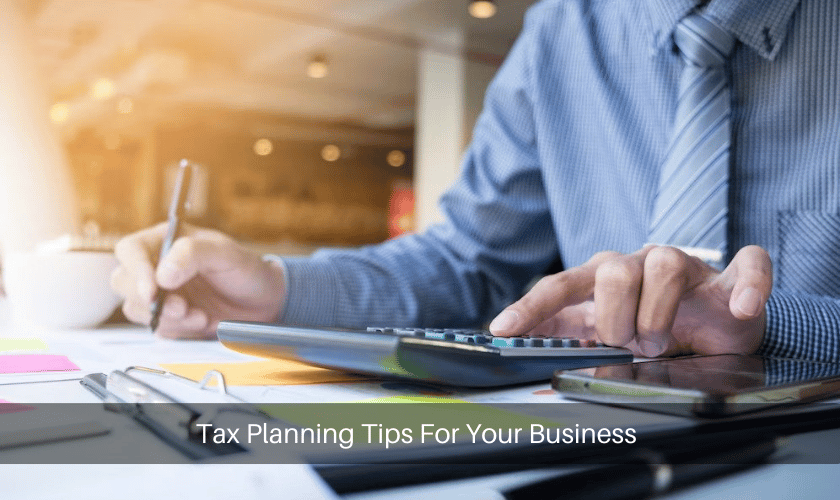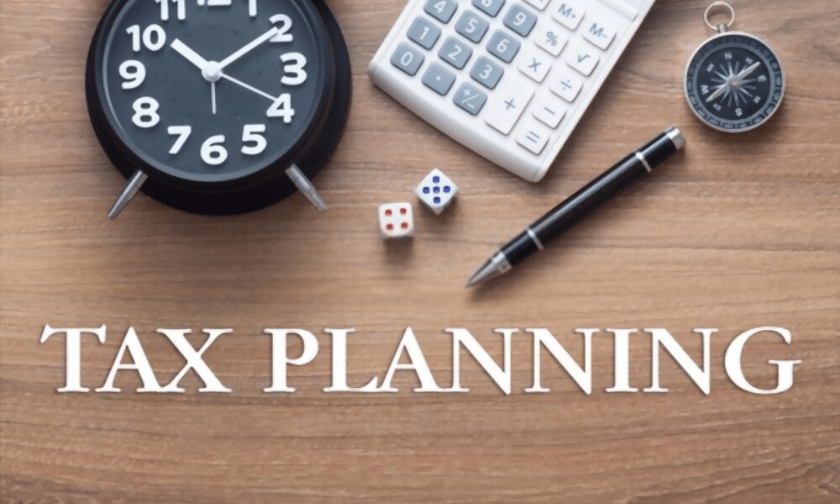What Are The Tax Benefits of Investing in Real Estate

What Are The Tax Benefits of Investing in Real Estate
Your investments should be diversified. You’ve heard that buying rental homes can generate regular, passive cash flow. It can also improve your tax situation.
Learn the tax benefits and how to maximize your yearly return. Investing in commercial real estate can help you keep more of what you make by giving you tax breaks.
Here is a list provided by an Arlington accountant of the six best tax benefits of investing in real estate:
Lower capital gains:
If you invest in rental properties for a long time, the profits you make when you sell them will be considered long-term capital gains, which are taxed at 0%, 15%, or 20%, depending on your income bracket. If you are investing for the short term (like flipping or wholesaling), you won’t get any special tax breaks because all your gains will be taxed at the higher short-term capital gains rate.
If you sell a building and make a profit, you may have to pay tax on recaptured Section 1250 gains. Gains like these could be taxed at 25% or less. In other words, the total income is figured out, and the depreciation is taxed at a different rate.
Depreciation: Real estate loses value over time. For residential real estate, you can depreciate the value of your investment property over 27.5 years. Commercial buildings gain weight; it takes 39 years for commercial buildings to gain weight.
1031 Exchanges:
If you are an investor in real estate, you can use a “1031 Exchange,” which is a tool in the tax code. This means that if you sell a piece of real estate and buy another one of equal or more excellent value, you can put off paying taxes on any money you make from the sale. 1031 exchanges must follow the following rules:
- The property being sold and bought to replace it must be worth the same or more than what is being sold.
- You have 45 days to find the property you want to buy and 180 days to close on it.
- The homes must be “of the same kind.” For example, you can’t trade your property for an investment in a real estate investment trust (REIT.)
- The traded property must have been used as an investment for something useful in business.
- Any money or property received in the transaction that is not “like-kind” is considered useless and must be taxed.
- An intermediary must hold the 1031 funds until the new property is bought.
- 1031 exchanges have changed because of the Tax Cuts and Jobs Act. 1031 Exchanges can no longer be used for property that is owned for personal use. They can only be used for investment or business property.
- If you refinanced the mortgage on investment property, you could improve your cash flow. You can improve your cash flow by lowering your monthly mortgage payment through a “term and rate refi.” You can also do a “cash-out refinance,” in which you borrow more than the amount you owe. You won’t have to pay taxes on this equity.
No Income Tax
The IRS usually doesn’t think of real estate investment as a business, so you don’t have “earned income,” which means you don’t have to pay FICA taxes. This is not true if you own your real estate through a holding company and pay yourself a salary. If you “materially participate” in a real estate business, you might be able to write off losses of up to $25,000. These losses can be used to offset gains in future tax years.
Opportunity Zones
The Tax Cuts and Jobs Act of 2017 (TCJA) lets you put off paying taxes on capital gains if you use the money to buy an investment property in an area called an “Opportunity Zone.” The great thing about this benefit is that it doesn’t have to be “like-kind.” You can put off paying taxes on the sale of another investment (such as stocks, trading precious metals, etc.) by putting the money into a property in an “opportunity zone.”
Bonus Depreciation
Under the Tax Cuts and Jobs Act, you can get a 100% bonus depreciation on personal property, such as the appliances you put in your rental units (oven, microwave, washers, dryers, etc.), as long as the property was put into use after September 27, 2017, and before 2022. Under the bonus depreciation provision, these items of personal property can be bought new or used. They are called “qualified purchases.”
Does it make sense for you to put money into real estate? There are many things to think about, and taxes are just one of them. Talk to Smith & Smith & Ruiz CPA’s in Arlington accounting professional if you want to learn more about investing in real estate.




